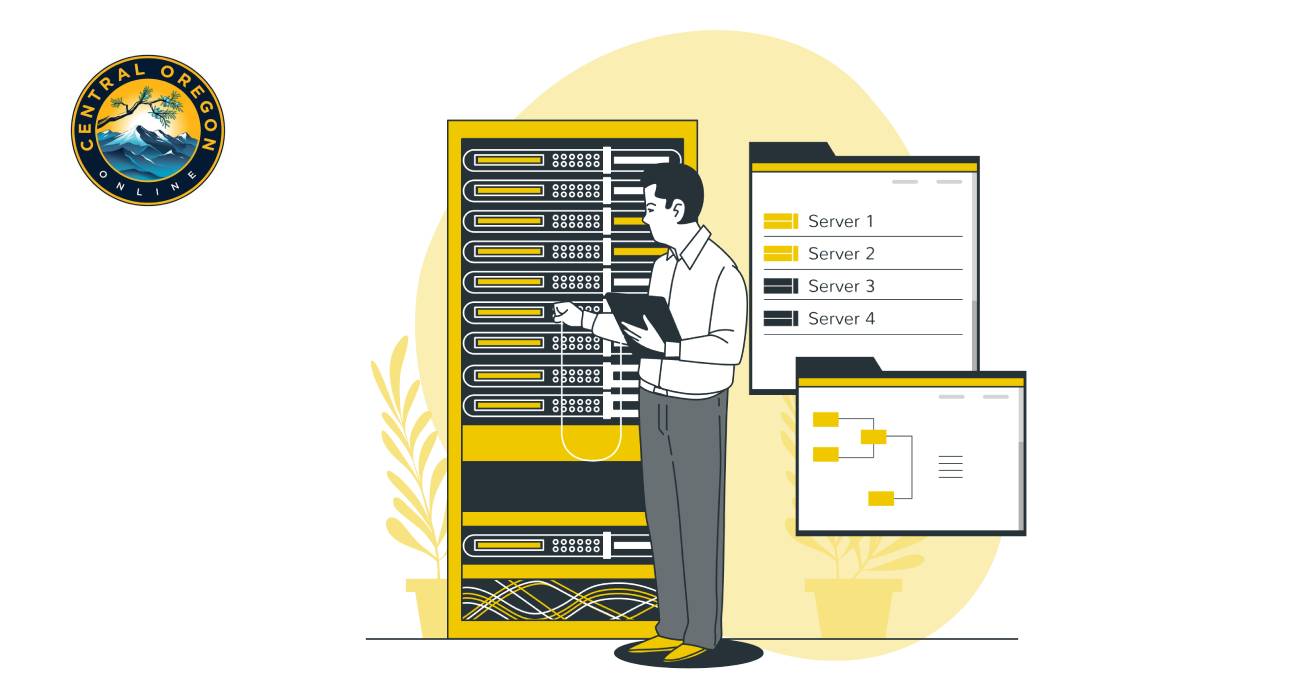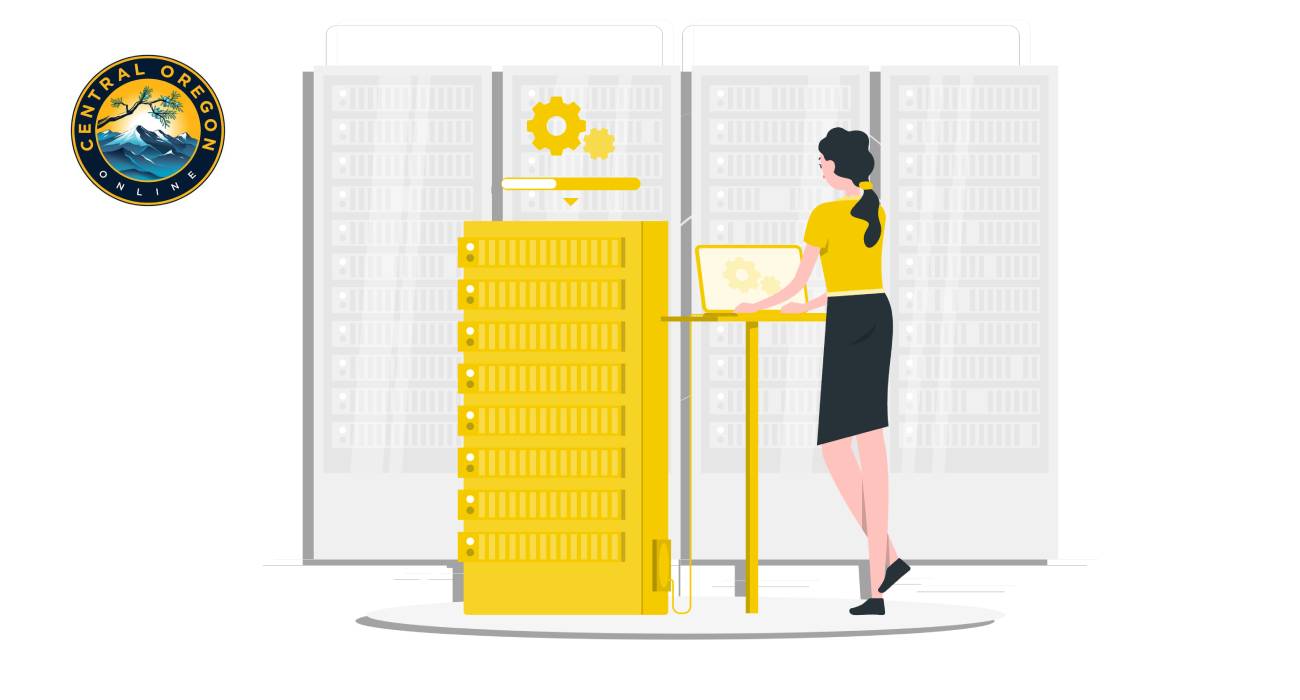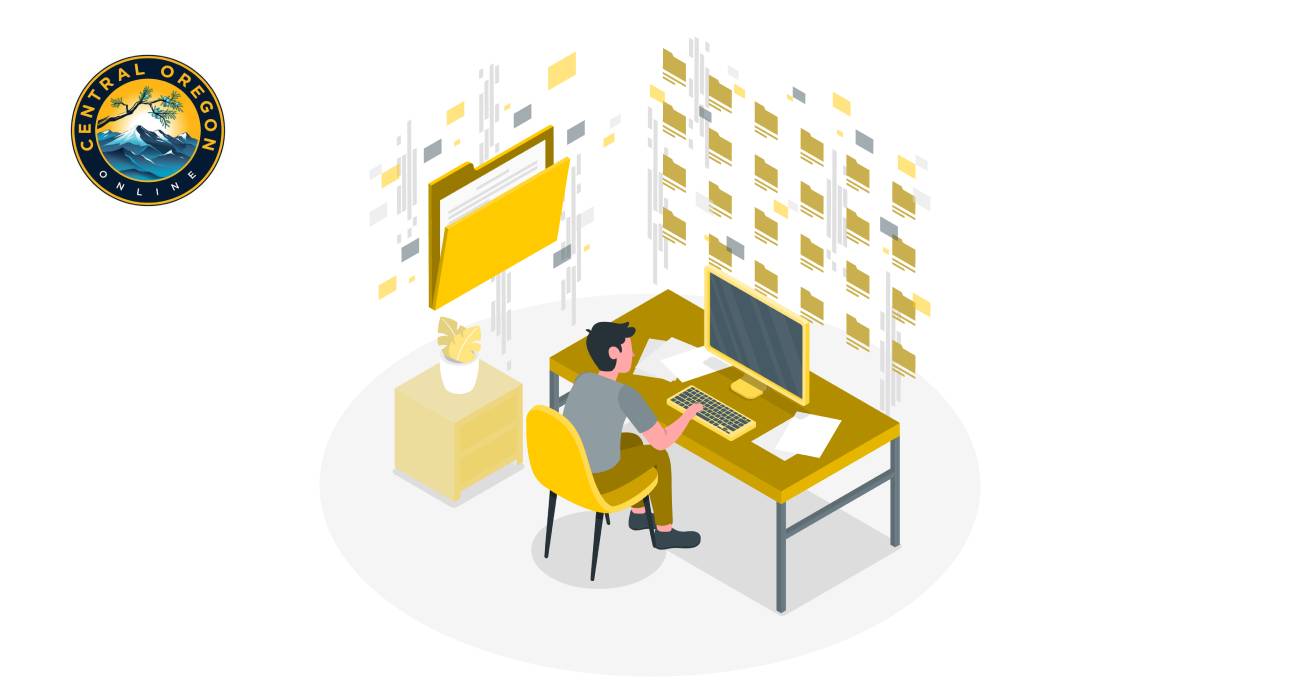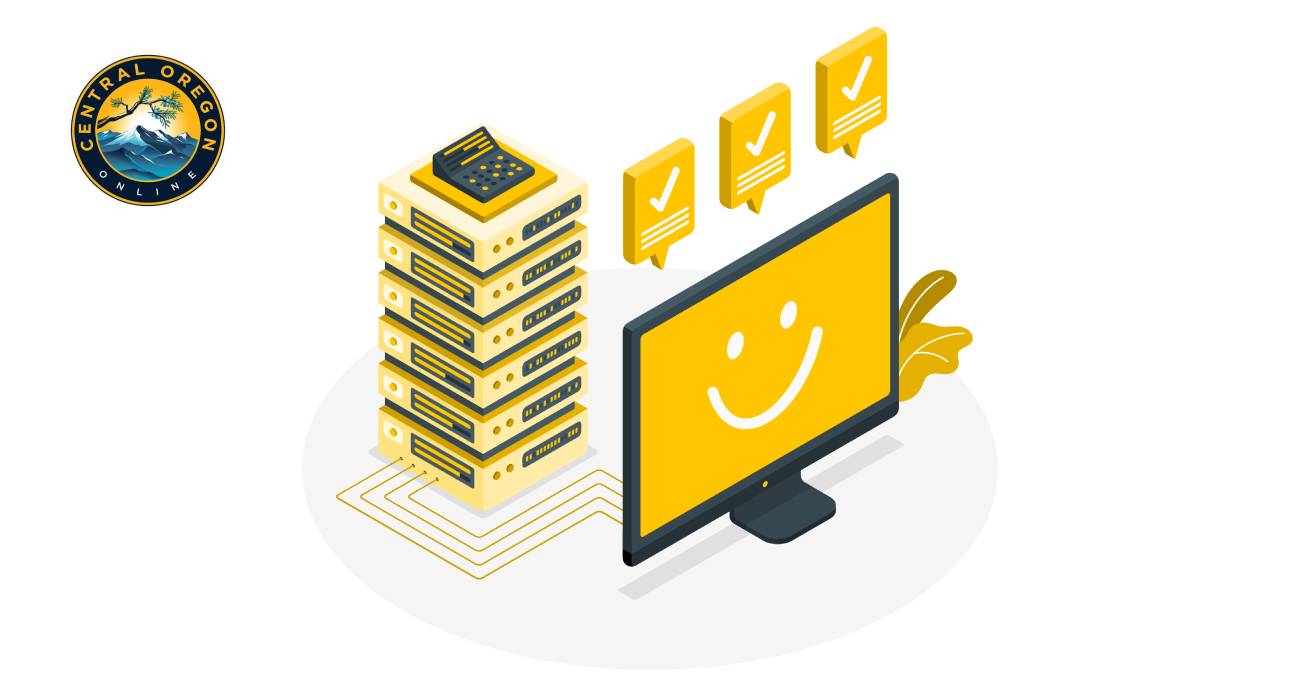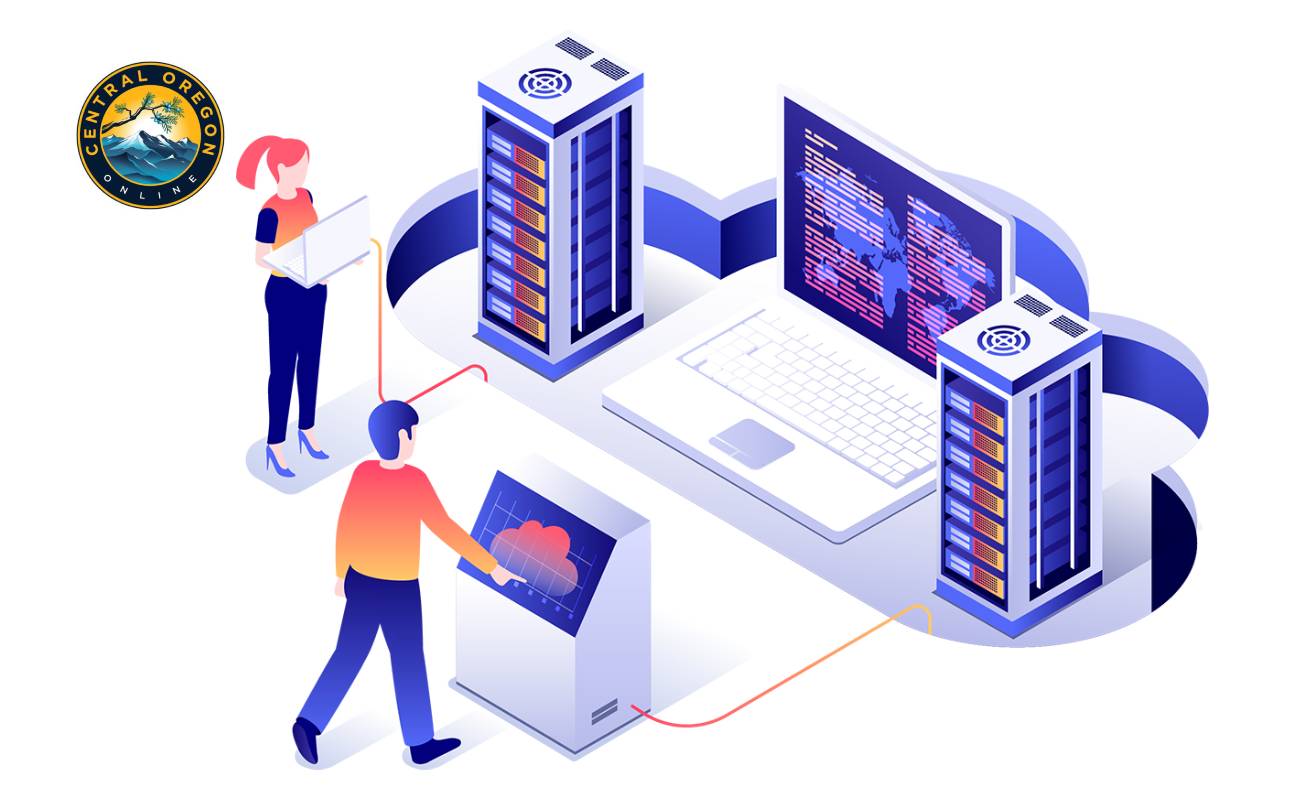
Need for Speed: How Your Web Hosting Service Affects Your Website’s Pace
If you are a website owner, you know how important speed is. The faster your website loads, the more likely visitors are to stick around and engage with your content. But did you know that your web hosting service can affect your website’s speed? In this article, we will explore the need for speed and how your web hosting service can impact your website’s pace.
What is web hosting?
Before we dive into how web hosting affects website speed, let’s define what web hosting is. Web hosting is a service that allows individuals and organizations to make their website accessible on the internet. Essentially, web hosting companies provide the technology and infrastructure needed to store and serve website files to visitors.
Why is website speed important?
Website speed is important for a few reasons. First, visitors expect websites to load quickly. In fact, 40% of visitors will abandon a website if it takes more than three seconds to load. Second, search engines like Google use website speed as a ranking factor. Websites that load quickly tend to rank higher in search results, which can lead to more traffic and business.
How does web hosting affect website speed?
Web hosting can impact website speed in a few different ways. Let’s explore some of the key factors below.
Server location
The physical location of your web hosting server can affect how quickly your website loads for visitors. For example, if your web hosting server is located in Europe but your target audience is in the United States, your website may load more slowly for US-based visitors. This is because the data has to travel a greater distance between the server and the user’s device.
Server resources
The amount of resources allocated to your website on a shared hosting plan can also impact website speed. If your website is hosted on a shared server with many other websites, it may have to compete for resources like CPU, RAM, and bandwidth. This can slow down your website’s load time, especially during peak traffic periods.
Website software
The software used to build your website can also impact its speed. For example, some content management systems (CMS) like WordPress require more server resources than others. If your website is built on a CMS that requires a lot of resources, it may be slower than a website built on a simpler platform.
How to choose a web hosting service that won’t slow down your website
Now that we’ve explored how web hosting can impact website speed, let’s look at some factors to consider when choosing a web hosting service that won’t slow down your website.
Server location
If your target audience is located in a specific region, it’s a good idea to choose a web hosting service with servers in that region. This will help ensure that your website loads quickly for visitors in that area.
Server resources
When choosing a web hosting service, make sure to consider the resources allocated to your website. Look for a service that offers dedicated resources, such as a VPS (virtual private server) or dedicated server, rather than a shared hosting plan. This will ensure that your website has the resources it needs to load quickly, even during peak traffic periods.
Website software
Consider the software used to build your website when choosing a web hosting service. If your website is built on a resource-intensive CMS like WordPress, look for a hosting service that specializes in hosting WordPress sites. These services are optimized for WordPress and can provide better performance than a generic web hosting service.
Website speed is important for both user experience and search engine optimization. Your web hosting service can impact your website’s speed in several ways, including server location, server resources, and website software. When choosing a local web hosting provider, consider these factors to ensure that your website loads quickly for visitors. At CentralOregon.Online, we offer a range of web hosting services to meet the needs of businesses and organizations of all sizes.
CATEGORY:Blog
